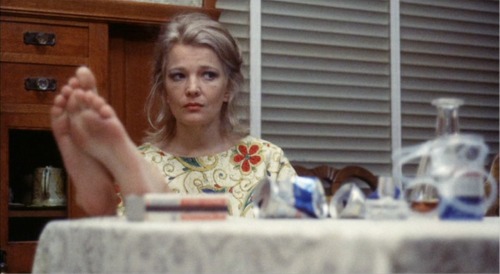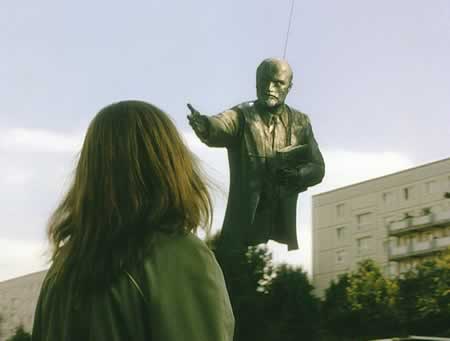Try and try and try...
I thought it will be different. I thought that, with this film, Star Cinema would temporarily veer away from their uncontrollable obsession for infidelity. I thought that, for once, here's something that will infinitely be more sensible compared to the said film outfit's recent products. But no, "One More Try", an official Metro Manila Film Festival entry, has merely used some medical excuse in the form of severe aplastic anemia so that they can push forth their mouth-foaming inclination towards anything extramarital and morally questionable yet again.
But before we move on with the review, the obligatory synopsis first: Dingdong Dantes' Edward is happily married to Angelica Panganiban's Jacq. Along then comes Angel Locsin's Grace, a woman who had a brief romantic relationship with Edward and is now mothering the fruit of their love (they had a child, alright) somewhere in Baguio, asking for Edward's help.
The child, much to the very motherly sadness of Grace, is inflicted with a kind of life-threatening illness that can only be cured by bone marrow transplant and Edward is the only possible donor. But the catch is this: Edward is incompatible to give his marrow and the only other cure is to get it from a second, still non-existent child. To conceive the baby, they first tried in vitro fertilization but it failed. The only remaining option, as what Carmina Villaroel's irritating 'Doctora' character has stated, is for Grace to be impregnated through the 'natural way'. Meaning, Edward and Grace must have sex once more, much to the complication, of course, of their respective relationships and their lives. All four main characters (including Zanjoe Marudo's immaterial character Tristan: Grace's beau)
While the establishment of "One More Try's" scenario is quite provocative, the film, as it goes along, transitions from interesting to slightly plausible to idiotically preposterous. Sure, the film has raised certain moral questions regarding this very difficult psycho-sexual predicament, but the way the characters were realized is so irrational and obtuse that they ultimately looked ridiculous and unintentionally hilarious despite of the film's self-serious tone.
Okay sure, some may argue that "One More Try" is indeed a cinematic essay about the idiocy of love, and I may be missing the point. But be informed, the idiocy of love is really different from sheer simple-mindedness. Specifically, I am pertaining to Angelica Panganiban's character who, despite of her being an epitome of an intelligent career woman, has quickly allowed Grace to enter their married life, knowing that situations will subsequently conspire against her.
From where I look at it, I think that "One More Try's" ultimate flaw is not on the direction (by Ruel S. Bayani) or the performances. In fact, the performances range from good to great. It is, in actuality, on the screenplay itself, which has allowed its own characters act upon a crucial situation with sheer lack of logic and thought.
And then, after much emotional despair and lots of tears, all of a sudden, the film jumped into a heavily sugar-coated happy ending that's ever-characteristic of every Star Cinema films. Plus, I found out through research that there's an alternative treatment for severe aplastic anemia other than the bone marrow transplant called immunosuppression, which has little to no 'early mortality' rate.
Well, if that's the case, the whole dilemma raised by the film is all for naught. We have been fooled, it ultimately seems. Carmina's doctor character may have been the one needing some hair-pulling and bitch-slapping and not the main characters. But medically-speaking, is there really a need for conflict?
(Note: As I'm writing this review, I just found out that the film has won the Festival Best Picture. Congratulations, but the film could have been better or, if my research will prove to be quite right, even easily invalid.)
FINAL RATING









